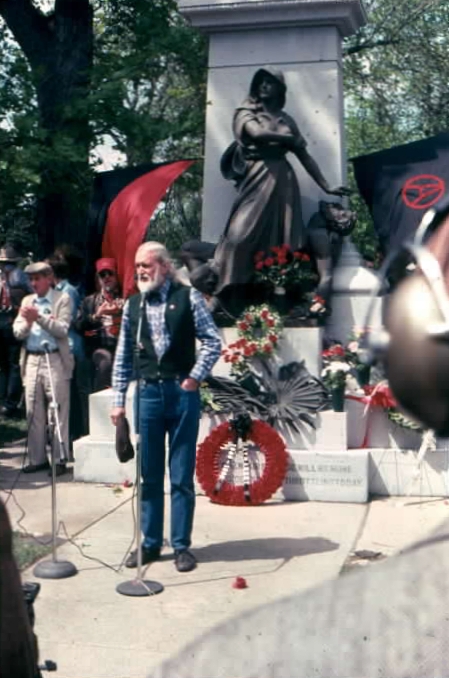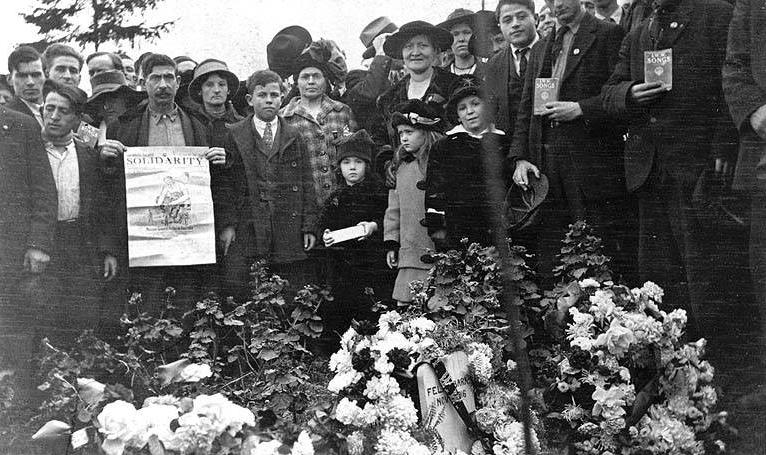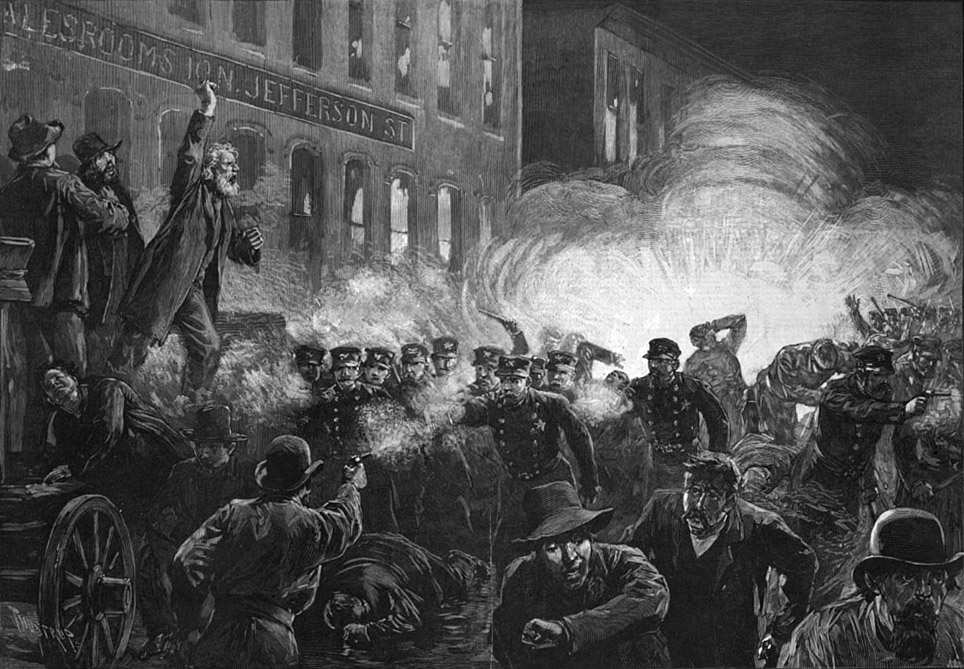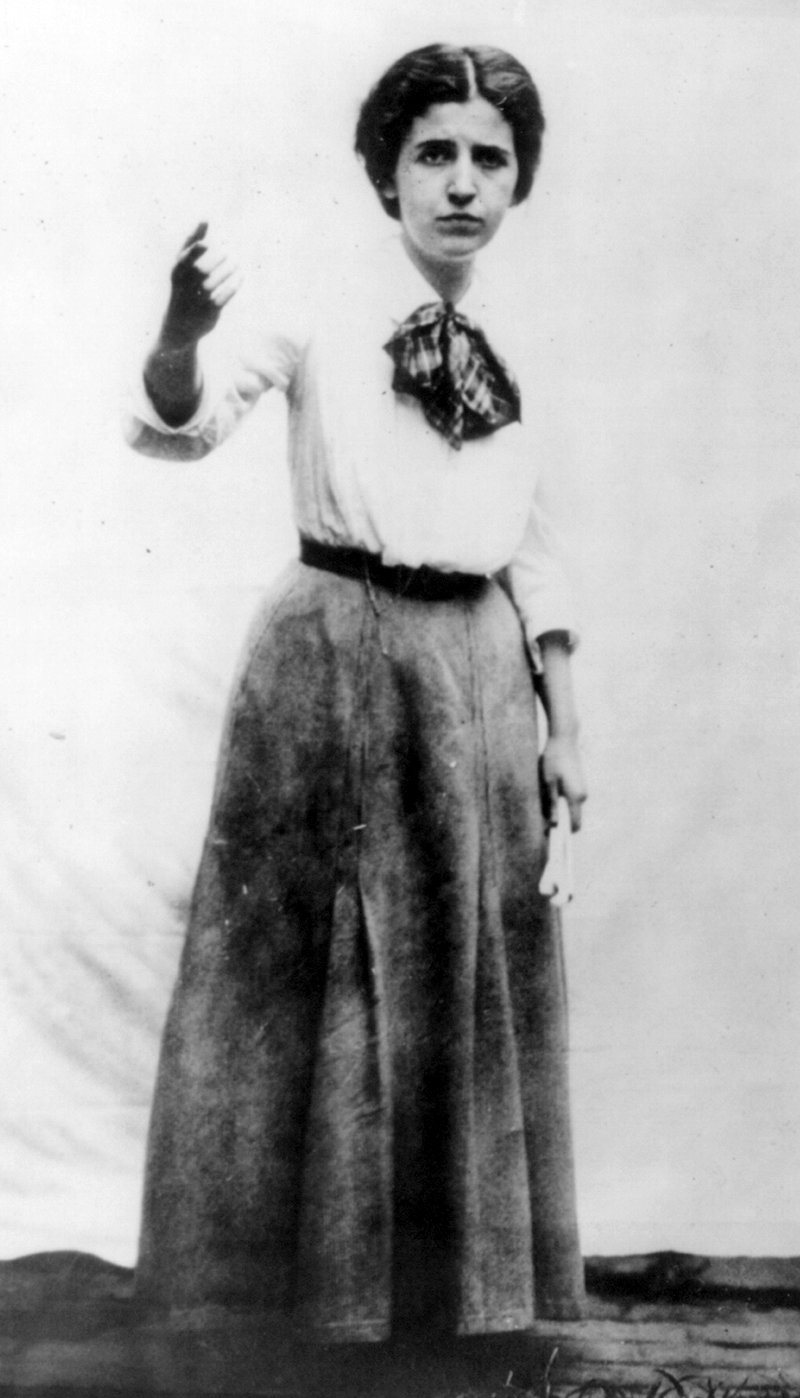|
Fellow Workers
''Fellow Workers'' is an album by American folksinger Utah Phillips and American singer-songwriter Ani DiFranco. It was released May 18, 1999, on Difranco's own Righteous Babe Records. ''Fellow Workers'' is DiFranco's and Phillip's second collaboration, following ''The Past Didn't Go Anywhere''. "Fellow workers!" is the phrase with which members of the Industrial Workers of the World traditionally begin their public addresses. Track listing #"Joe Hill" (instrumental) – 2:36 #"Stupid's Song" – 2:43 #"The Most Dangerous Woman" – 3:43 #"Stupid's Pledge" – 0:14 #"Direct Action" – 4:52 #"Pie in the Sky" – 3:29 #"Shoot or Stab Them" – 2:43 #"Lawrence" – 3:29 #"Bread and Roses" – 1:45 #"Why Come?" – 6:05 #"Unless You Are Free" – 0:22 #"I Will Not Obey" – 2:00 #"The Long Memory" – 5:33 #"The Silence That Is Me" – 0:41 #"Joe Hill" – 1:37 #"The Saw-Playing Musician" – 4:43 #"Dump the Bosses" – 1:14 #"The Internationale" – 2:48 Historical references Th ... [...More Info...] [...Related Items...] OR: [Wikipedia] [Google] [Baidu] |
Utah Phillips
Bruce Duncan "Utah" Phillips (May 15, 1935 – May 23, 2008) , KVMR, Nevada City, California, May 24, 2008. Retrieved 24 May 2008. was an American labor organizer, , storyteller and poet. He described the struggles of labor unions and the power of , self-identifying as an . He often promoted the |
Bread And Roses
"Bread and Roses" is a political slogan as well as the name of an associated poem and song. It originated from a speech given by American women's suffrage activist Helen Todd; a line in that speech about "bread for all, and roses too" inspired the title of the poem ''Bread and Roses'' by James Oppenheim. The poem was first published in ''The American Magazine'' in December 1911, with the attribution line "Bread for all, and Roses, too'—a slogan of the women in the West." The poem has been translated into other languages and has been set to music by at least three composers. The phrase is commonly associated with the textile strike in Lawrence, Massachusetts, between January and March 1912, now often referred to as the "Bread and Roses strike". The slogan pairing bread and roses, appealing for both fair wages and dignified conditions, found resonance as transcending "the sometimes tedious struggles for marginal economic advances" in the "light of labor struggles as based on ... [...More Info...] [...Related Items...] OR: [Wikipedia] [Google] [Baidu] |
Utah Phillips Albums
Utah ( , ) is a state in the Mountain West subregion of the Western United States. Utah is a landlocked U.S. state bordered to its east by Colorado, to its northeast by Wyoming, to its north by Idaho, to its south by Arizona, and to its west by Nevada. Utah also touches a corner of New Mexico in the southeast. Of the fifty U.S. states, Utah is the 13th-largest by area; with a population over three million, it is the 30th-most-populous and 11th-least-densely populated. Urban development is mostly concentrated in two areas: the Wasatch Front in the north-central part of the state, which is home to roughly two-thirds of the population and includes the capital city, Salt Lake City; and Washington County in the southwest, with more than 180,000 residents. Most of the western half of Utah lies in the Great Basin. Utah has been inhabited for thousands of years by various indigenous groups such as the ancient Puebloans, Navajo and Ute. The Spanish were the first Eu ... [...More Info...] [...Related Items...] OR: [Wikipedia] [Google] [Baidu] |
Ani DiFranco Albums
Ani ( hy, Անի; grc-gre, Ἄνιον, ''Ánion''; la, Abnicum; tr, Ani) is a ruined medieval Armenian city now situated in Turkey's province of Kars, next to the closed border with Armenia. Between 961 and 1045, it was the capital of the Bagratid Armenian kingdom that covered much of present-day Armenia and eastern Turkey. The iconic city was often referred to as the "City of 1,001 Churches," though the number was significantly less. To date, 50 churches, 33 cave chapels and 20 chapels have been excavated by archaeologists and historians. Ani stood on various trade routes and its many religious buildings, palaces, and sophisticated fortifications distinguished it from other contemporary urban centers in the Armenian kingdom. Among its most notable buildings was the Cathedral of Ani, which is associated with early examples of Gothic architecture and that scholars argue influenced the great cathedrals of Europe in the early gothic and Romanesque styles; its ribbed vaulting w ... [...More Info...] [...Related Items...] OR: [Wikipedia] [Google] [Baidu] |
1999 Albums
File:1999 Events Collage.png, From left, clockwise: The funeral procession of King Hussein of Jordan in Amman; the 1999 İzmit earthquake kills over 17,000 people in Turkey; the Columbine High School massacre, one of the first major school shootings in the United States; the Year 2000 problem ("Y2K"), perceived as a major concern in the lead-up to the year 2000; the Millennium Dome opens in London; online music downloading platform Napster is launched, soon a source of online piracy; NASA loses both the Mars Climate Orbiter and the Mars Polar Lander; a destroyed T-55 tank near Prizren during the Kosovo War., 300x300px, thumb rect 0 0 200 200 Death and state funeral of King Hussein rect 200 0 400 200 1999 İzmit earthquake rect 400 0 600 200 Columbine High School massacre rect 0 200 300 400 Kosovo War rect 300 200 600 400 Year 2000 problem rect 0 400 200 600 Mars Climate Orbiter rect 200 400 400 600 Napster rect 400 400 600 600 Millennium Dome 1999 was designated as t ... [...More Info...] [...Related Items...] OR: [Wikipedia] [Google] [Baidu] |
Everett Massacre
The Everett Massacre (also known as Bloody Sunday) was an armed confrontation between local authorities and members of the Industrial Workers of the World (IWW) union, commonly called "Wobblies". It took place in Everett, Washington on Sunday, November 5, 1916. The event marked a time of rising tensions in Pacific Northwest labor history. Background In 1916, Everett, Washington was facing a serious depression. There was ongoing confrontation between business, commercial interests, labor, and labor organizers. There had been a number of labor-organized rallies and speeches in the street. These were opposed by local law enforcement, which was firmly on the side of business. IWW organizers had gone into Everett to support a five-month-long strike by shingle workers. Once there, vigilantes organized by business had beaten them up with axe handles and run them out of town. The Seattle IWW decided to go to Everett in numbers to hold a rally to show their support for the striking shin ... [...More Info...] [...Related Items...] OR: [Wikipedia] [Google] [Baidu] |
Joseph James Ettor
Joseph James "Smiling Joe" Ettor (1885–1948) was an Italian-American trade union organizer who, in the middle-1910s, was one of the leading public faces of the Industrial Workers of the World. Ettor is best remembered as a defendant in a controversial trial related to a killing in the seminal Lawrence Textile Strike of 1912, in which he was acquitted of charges of having been an accessory. Biography Early years Joseph James Ettor, known to his friends as "Joe" or "Smiling Joe," was born on October 6, 1885 in New York City, the son of a laborer who had emigrated to America from Italy.Solon DeLeon with Irma C. Hayssen and Grace Poole (eds.), ''The American Labor Who's Who.'' New York: Hanford Press, 1925; pg. 67. Ettor went to work at the age of 12 selling newspapers. He later worked as a waterboy on a railroad, as a saw-filer in a lumber mill, as a barrel-maker, as a shipyard worker, and in a cigar factory. Union career Joe Ettor went to work for the Industrial Workers of the ... [...More Info...] [...Related Items...] OR: [Wikipedia] [Google] [Baidu] |
1912 Lawrence Textile Strike
The Lawrence Textile Strike, also known as the Bread and Roses Strike, was a strike of immigrant workers in Lawrence, Massachusetts, in 1912 led by the Industrial Workers of the World (IWW). Prompted by a two-hour pay cut corresponding to a new law shortening the workweek for women, the strike spread rapidly through the town, growing to more than twenty thousand workers and involving nearly every mill in Lawrence. On January 1, 1912, the Massachusetts government enforced a law that cut mill workers' hours in a single work week from 56 hours, to 54 hours. Ten days later, they found out that pay had been reduced along with the cut in hours. The strike united workers from more than 51 different nationalities many of whom knew little to no English. A large portion of the striking workers, including many of the leaders of the strike, were Italian immigrants. Carried on throughout a brutally cold winter, the strike lasted more than two months, from January to March, defying the assu ... [...More Info...] [...Related Items...] OR: [Wikipedia] [Google] [Baidu] |
Haymarket Affair
The Haymarket affair, also known as the Haymarket massacre, the Haymarket riot, the Haymarket Square riot, or the Haymarket Incident, was the aftermath of a bombing that took place at a labor demonstration on May 4, 1886, at Haymarket Square (Chicago), Haymarket Square in Chicago, Illinois, United States. It began as a peaceful rally in support of workers striking for an eight-hour day, eight-hour work day, the day after the events at the McCormick Harvesting Machine Company, during which one person was killed and many workers injured. An unknown person threw a dynamite bomb at the police as they acted to disperse the meeting, and the bomb blast and ensuing gunfire resulted in the deaths of seven police officers and at least four civilians; dozens of others were wounded. In the internationally publicized legal proceedings that followed, eight Anarchism in the United States, anarchists were convicted of conspiracy. The evidence was that one of the defendants may have built the bo ... [...More Info...] [...Related Items...] OR: [Wikipedia] [Google] [Baidu] |
Lucy Parsons
Lucy Eldine Gonzalez Parsons (born Lucia Carter; 1851 – March 7, 1942) was an American labor organizer, radical socialist and anarcho-communist. She is remembered as a powerful orator. Parsons entered the radical movement following her marriage to newspaper editor Albert Parsons and moved with him from Texas to Chicago, where she contributed to the newspaper he famously edited, ''The Alarm.'' Following her husband's 1887 execution in conjunction with the Haymarket affair, Parsons remained a leading American radical activist, as a founder of the Industrial Workers of the World and member of other political organizations. Biography Early life Lucy Parsons was born Lucia Carter in Virginia in 1851. Her mother, Charlotte, was an African-American woman enslaved by a white man named Tolliver, who may have been Lucy's father. In 1863, during the Civil War, Tolliver relocated to Waco, Texas with his slaves, dodging the enforcement of the Emancipation Proclamation that set January ... [...More Info...] [...Related Items...] OR: [Wikipedia] [Google] [Baidu] |
Free Speech Fights
Free speech fights are struggles over free speech, and especially those struggles which involved the Industrial Workers of the World and their attempts to gain awareness for labor issues by organizing workers and urging them to use their collective voice. During the World War I period in the United States, the IWW members (referred to as Wobblies), engaged in free speech fights over labor issues which were closely connected to the developing industrial world as well as the Socialist Party. The Wobblies, along with other radical groups, were often met with opposition (violent and otherwise) from local governments and especially business leaders, in their free speech fights. The IWW organized transient workers (especially in cities in the American West) who worked in highly seasonal jobs—they met on the streets, discussed contemporary issues, and listened to speakers; at the time, it was a very popular method of organization. The events often ended with the police arresting them for ... [...More Info...] [...Related Items...] OR: [Wikipedia] [Google] [Baidu] |










